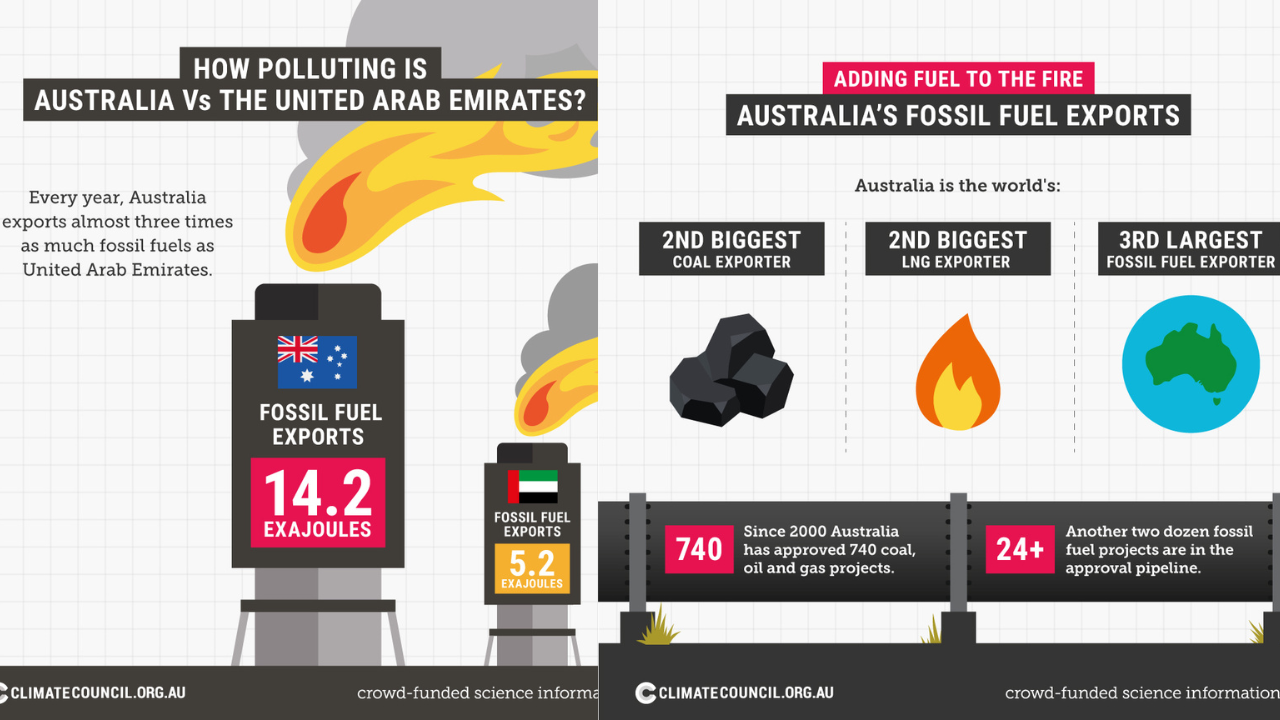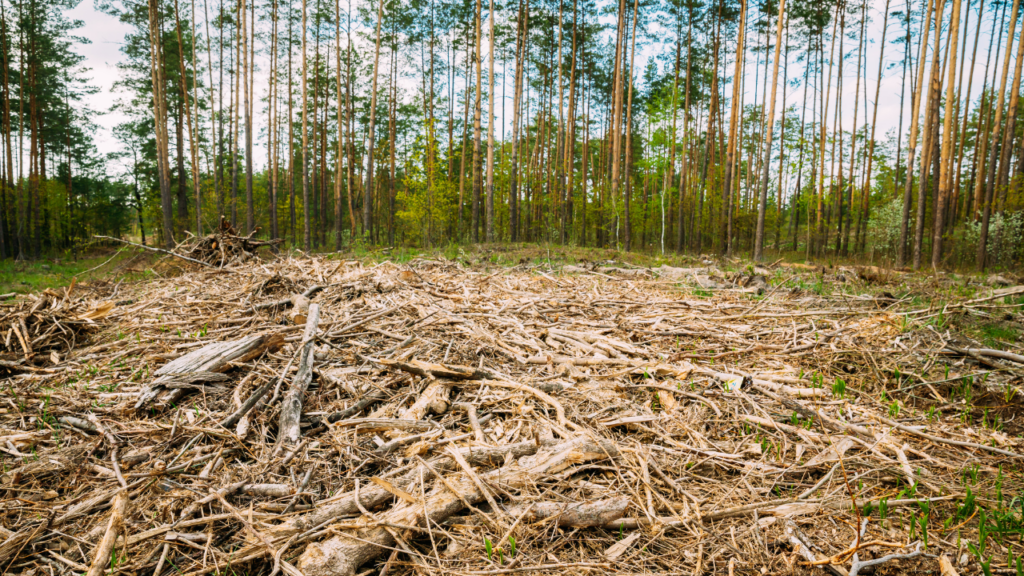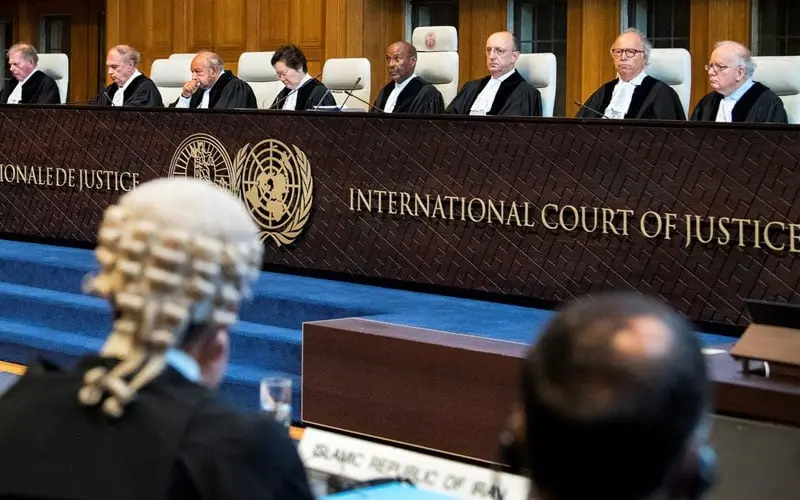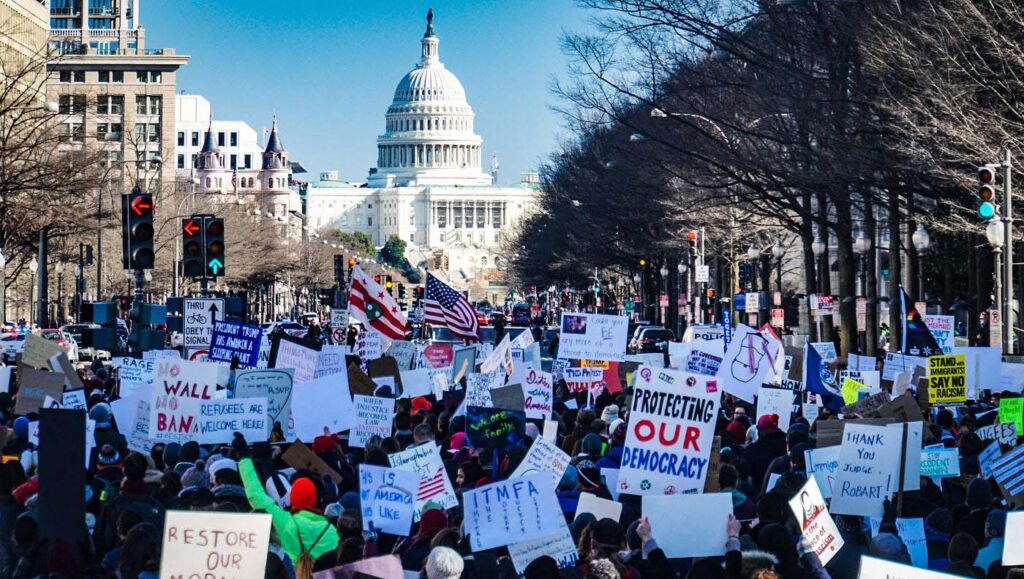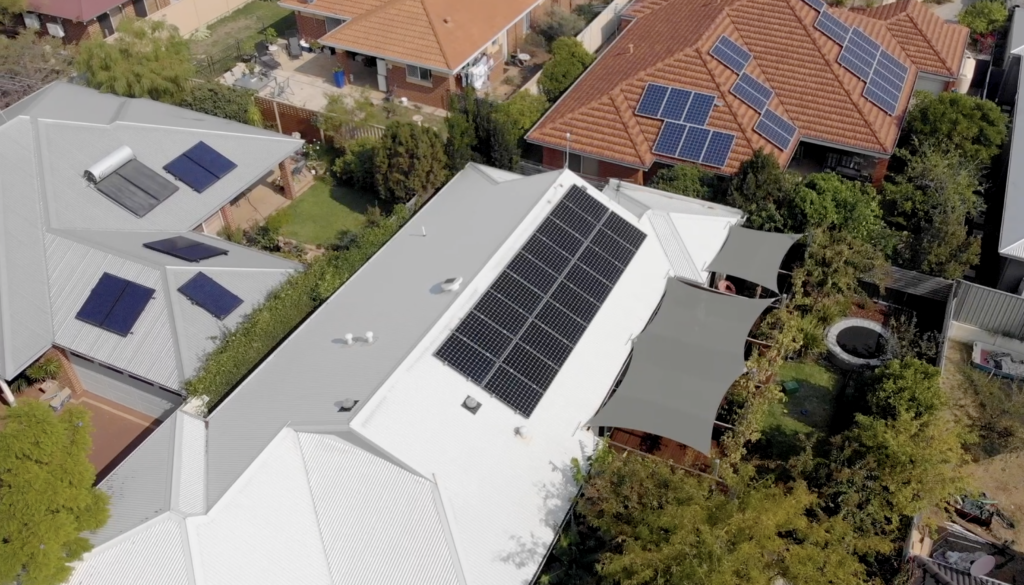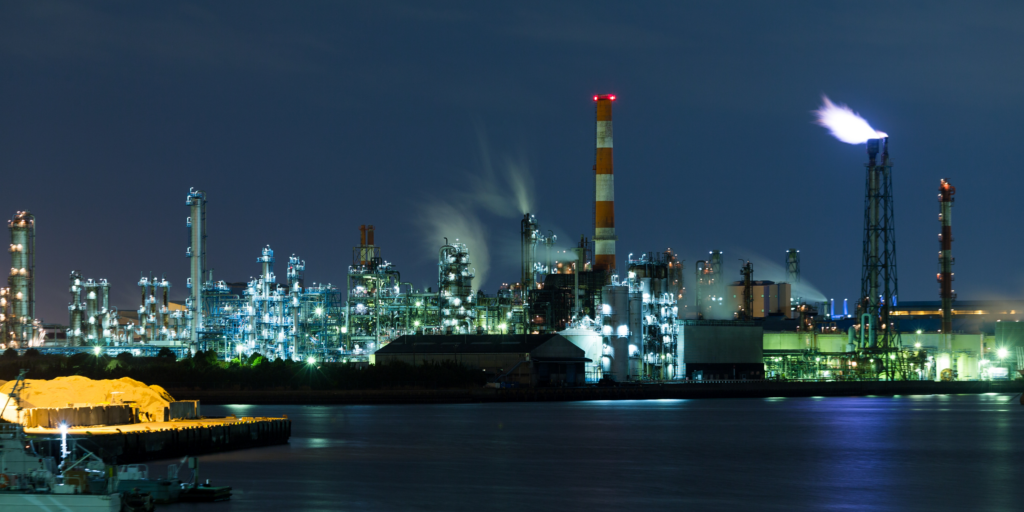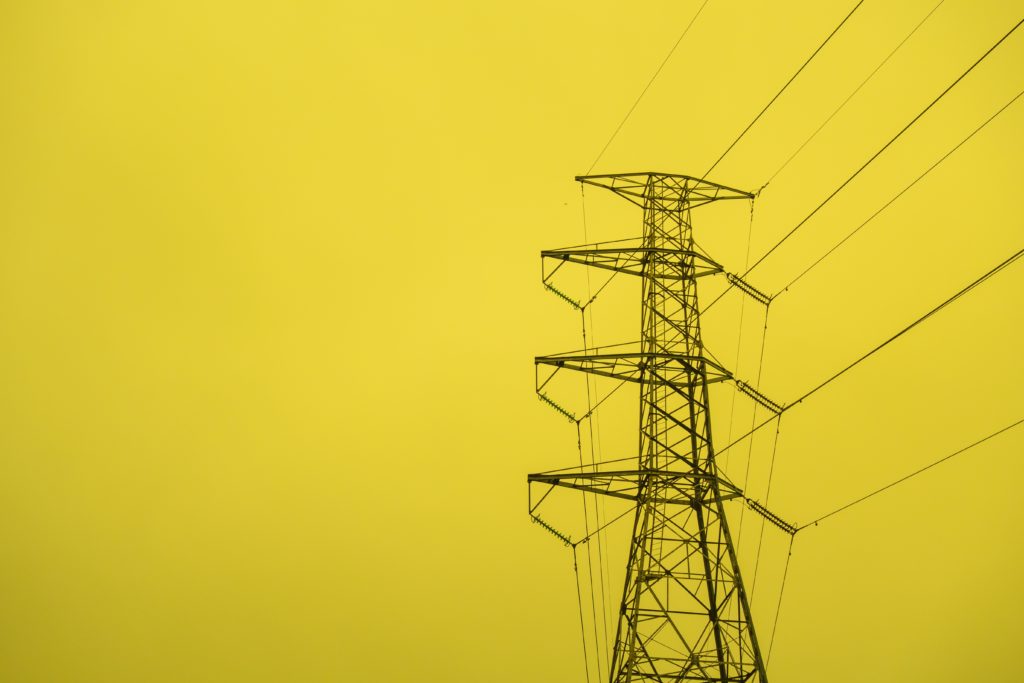The United Nations’ (UN) annual climate summit will this year be hosted by a major oil exporter – the United Arab Emirates (UAE). In the lead up to this year’s climate talks, there has been a lot of focus on the fact that the president of the summit negotiations – UAE’s Sultan Al Jaber – is also chief executive of the Abu Dhabi National Oil Company.
The UAE is not the only nation adding fuel to the fire. Australia produces nearly twice the amount of fossil fuels that the UAE does. We export nearly three times’ as much fossil fuels (UNEP 2023a). At a time when the climate crisis is dramatically escalating – and coal, oil and gas need to be rapidly phased out – both countries are planning to increase fossil fuel production.
Find out what makes COP28 important – read the explainer here
Under the UN 2015 Paris Agreement, all countries agreed to work together to limit global warming to 1.5°C above the long term average. Plans by Australia and the UAE to increase fossil fuel production are utterly incompatible with this goal (UNEP 2023a).
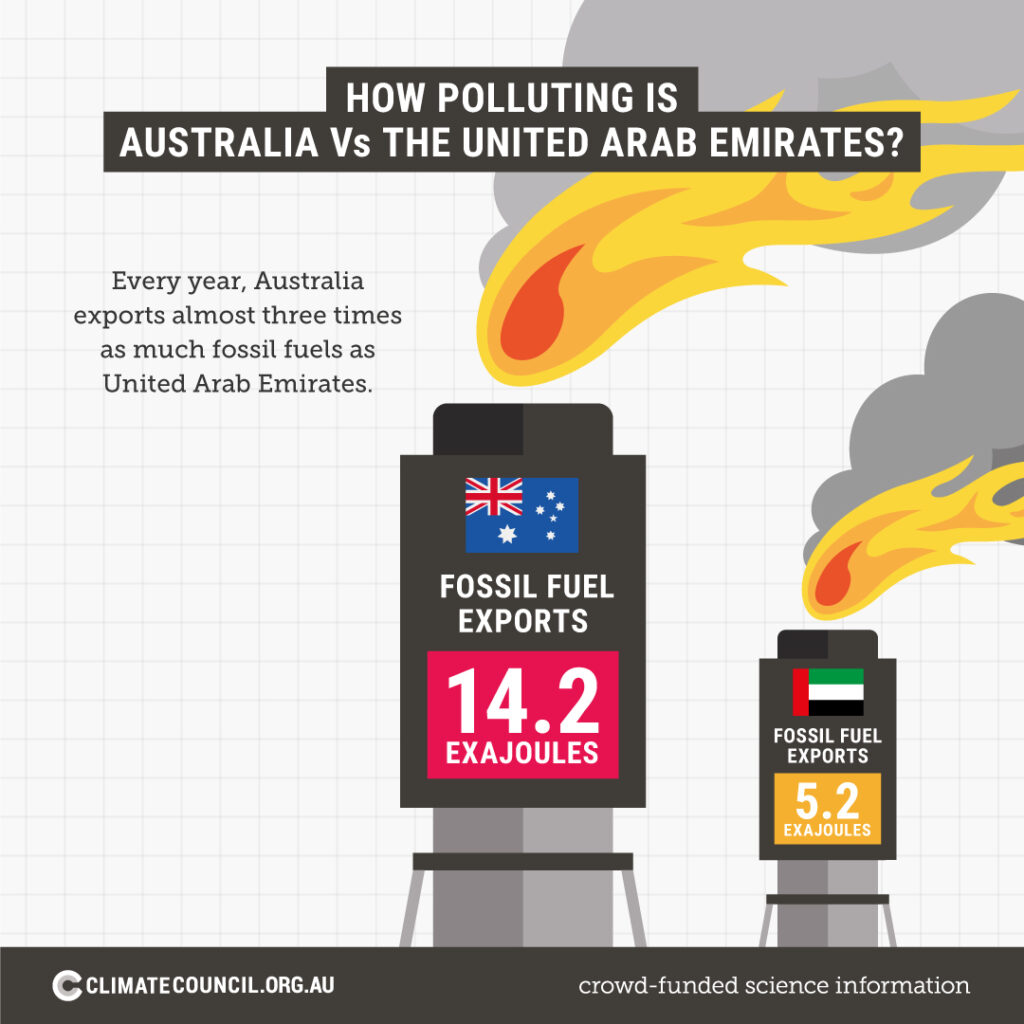
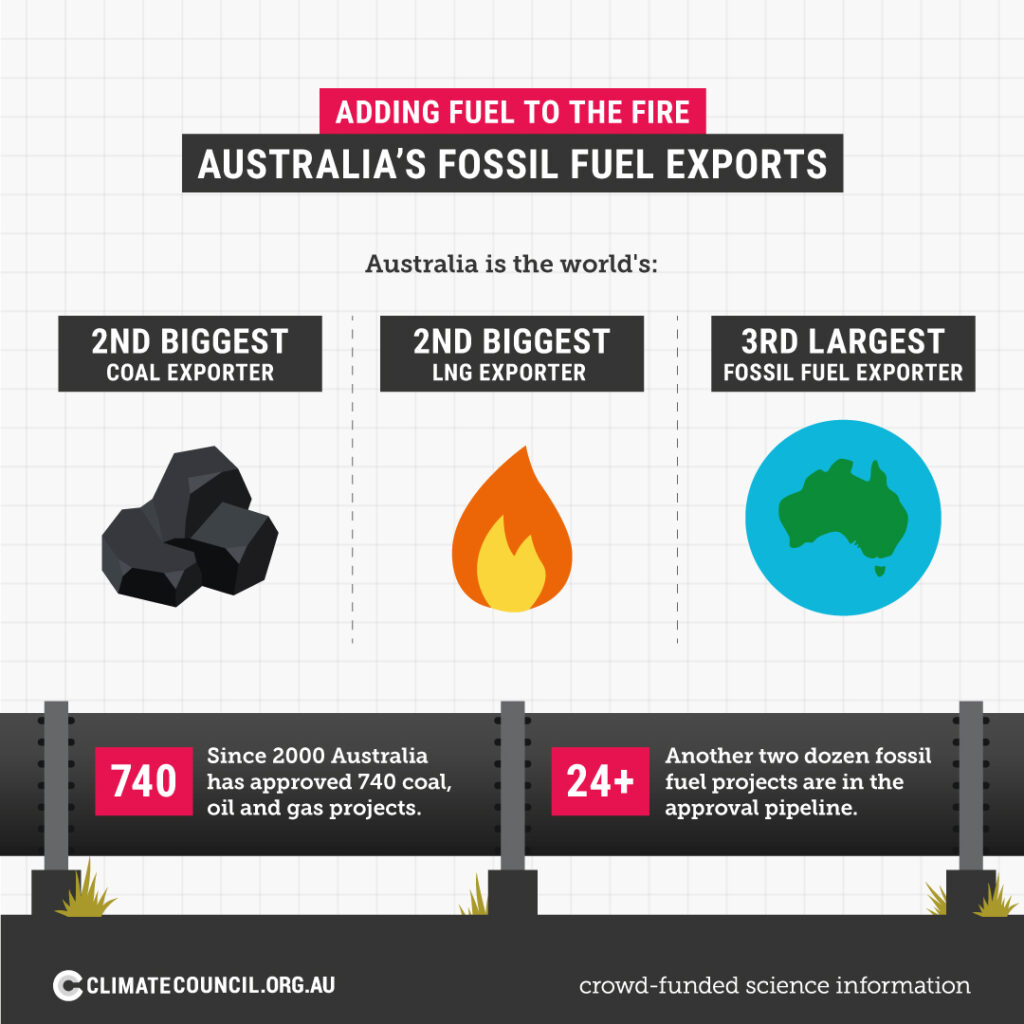
Australia continues to fuel the climate crisis through its enormous fossil fuel exports. Australia is the world’s fifth largest overall producer of coal and seventh biggest producer of gas (UNEP 2023a). Most of this is not needed for our own energy needs, and is sold offshore. That’s why Australia is the world’s third largest fossil fuel exporter. Emissions from Australian coal and gas burned in other countries are more than double our domestic emissions (Climate Council 2022).
Phasing out coal, oil and gas is central to tackling the climate crisis. In October, the Climate Council surveyed a group of 30 leading climate and ocean scientists from six countries on their views on the current state of global climate action. Every single scientist surveyed (100%) said that global efforts to address the climate crisis are falling short, with a majority (60%) saying that today’s efforts are falling “catastrophically short” of what is required.
To limit global warming and avoid the worst impacts of the climate crisis, governments worldwide need to stop expanding fossil fuel production and develop policy frameworks to manage a rapid phase out of coal, oil and gas. To be a successful host of COP31 in 2026 – in partnership with Pacific island countries – Australia needs to have stopped adding fuel to the fire by approving new coal and gas projects, and must be well on the way to phasing out fossil fuels.

